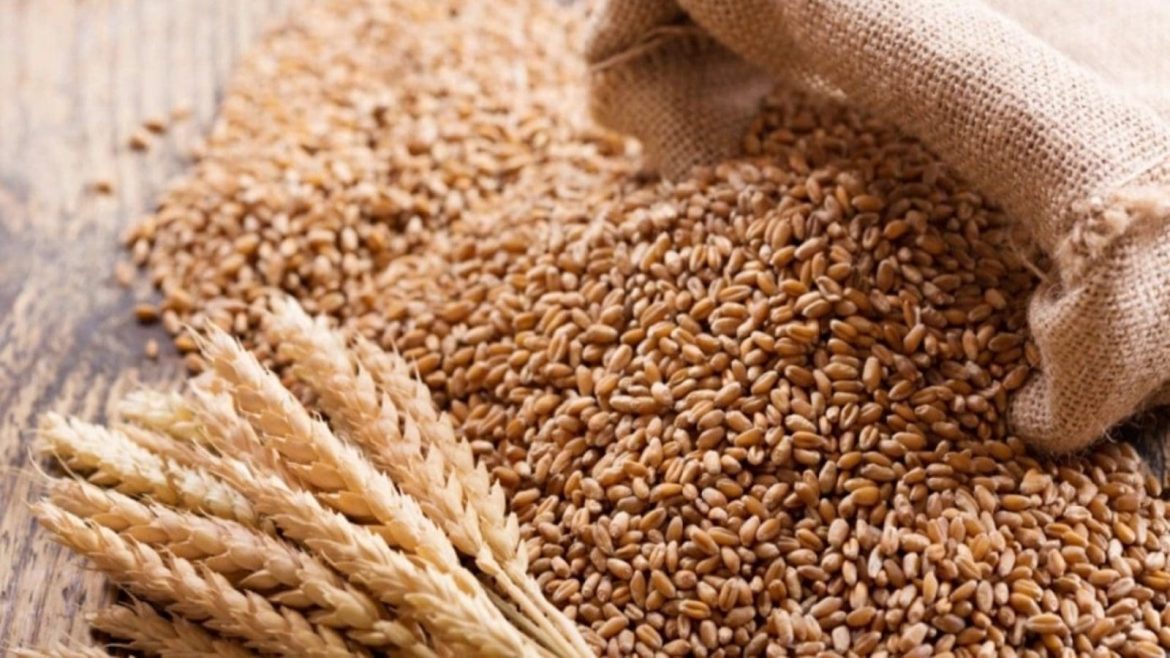Morocco is preparing to boost its wheat imports and storage reserves in the coming months as global prices for grains, especially soft wheat, continue to decline. This move is aimed at securing the country’s food supply and maintaining stable prices of bread and other wheat-based products that are central to Moroccan households.
According to Abdelkader El Alaoui, President of the National Federation of Mill Owners, Morocco is planning to use the current dip in international wheat prices to stock up enough wheat to cover domestic needs for three to five months. He revealed this in an interview with SNRTnews, noting that the country has a unique opportunity to take advantage of favourable market conditions.
He explained that global wheat prices have been falling since May, offering Morocco a chance to purchase and store wheat at lower costs, especially soft wheat, which is widely used for making bread and pastries, two staple food items in the country.
El Alaoui noted that the reference price for wheat delivered to local mills currently ranges between MAD 250 ($27.90) and MAD 255 per quintal. This rate is below the government subsidy threshold, which is only activated when the import price exceeds MAD 270 ($30) per quintal.
He stressed that the state subsidy for wheat is not paid out directly to importers but is instead offered as compensation to cover the difference between the actual import cost and the fixed delivery price to mills set at MAD 270 per quintal. This policy ensures that millers and consumers can access wheat at affordable rates while also protecting the national budget from overexposure to volatile global markets.
The strategy comes at a critical time when climate conditions and global supply chain shifts are influencing food import decisions across North Africa and beyond. Morocco, like many countries in the MENA region, is highly dependent on wheat imports due to recurring droughts and insufficient domestic harvests.
Soft wheat, in particular, is the main ingredient in Morocco’s traditional bread, which is a daily necessity in both rural and urban areas. This makes wheat price stability not just an economic matter, but also a social and political priority.
El Alaoui pointed out that taking proactive steps now—when wheat prices are relatively low—will help Morocco avoid sudden price shocks or shortages in the future, especially during peak consumption periods. He said that the current prices on the international market make it “an ideal moment” for Morocco to increase its imports without needing to engage the state subsidy system extensively.
The country’s wheat policy also forms part of its wider food security plan, which includes diversifying import sources, increasing local production, and building strategic reserves. With the recent geopolitical tensions in Eastern Europe and the Black Sea region, which disrupted grain exports in the past, Morocco is more determined than ever to safeguard its national food reserves.
In previous years, Morocco had to import a significant portion of its wheat from countries like France, Ukraine, Russia, and Canada. The current market conditions have opened the door for more flexible procurement strategies, including tenders, private sector partnerships, and state-facilitated contracts with international suppliers.
Experts believe that Morocco’s decision to act now will help stabilise bread prices, prevent inflationary pressure, and protect vulnerable households from food insecurity. It also aligns with the country’s strategic approach to food import management and budgetary discipline.
If current trends continue, Morocco is expected to increase wheat imports steadily through the second half of 2025, while closely monitoring harvest outputs, rainfall patterns, and international pricing signals to adjust its import volume accordingly.
